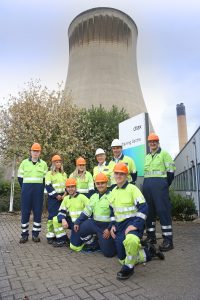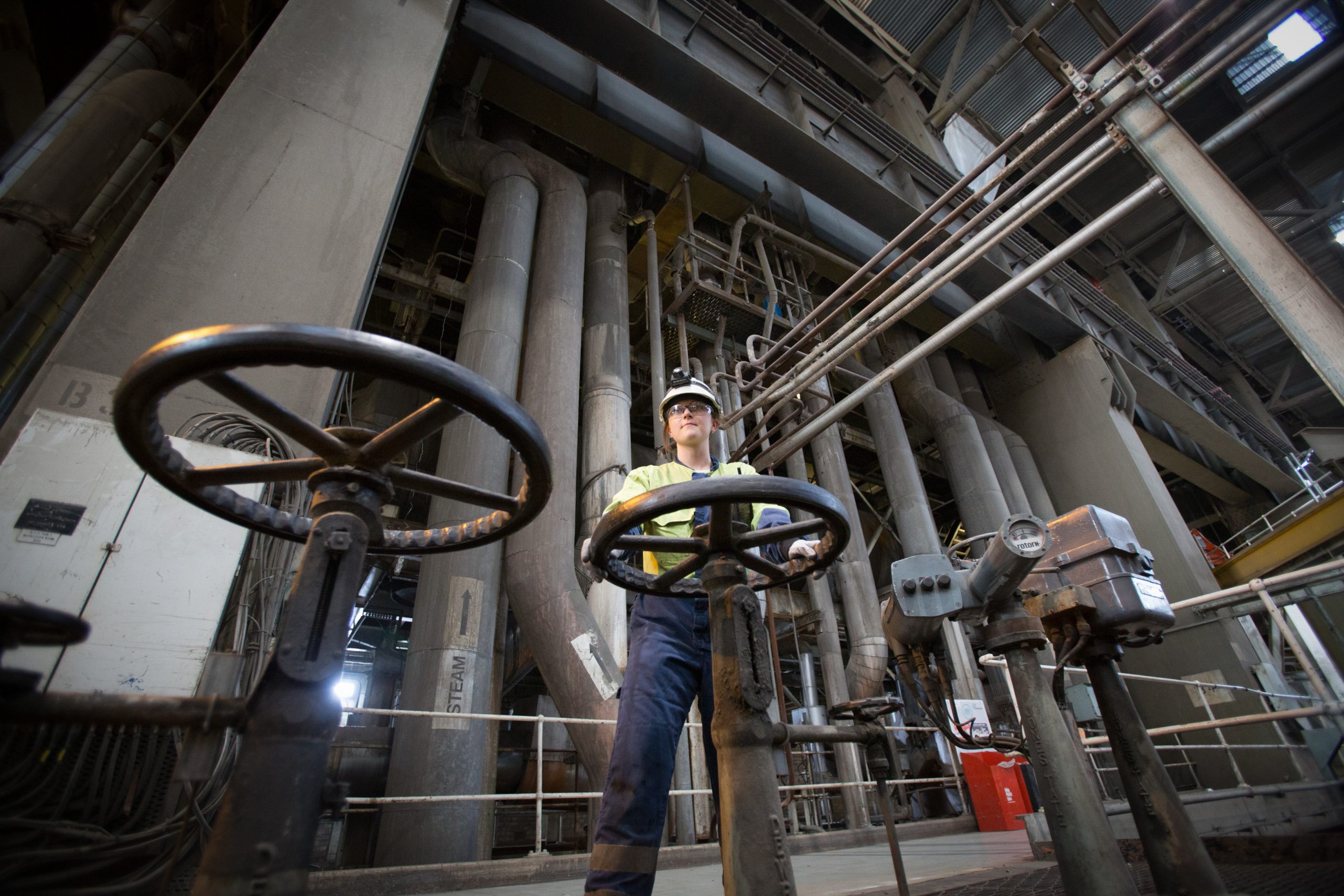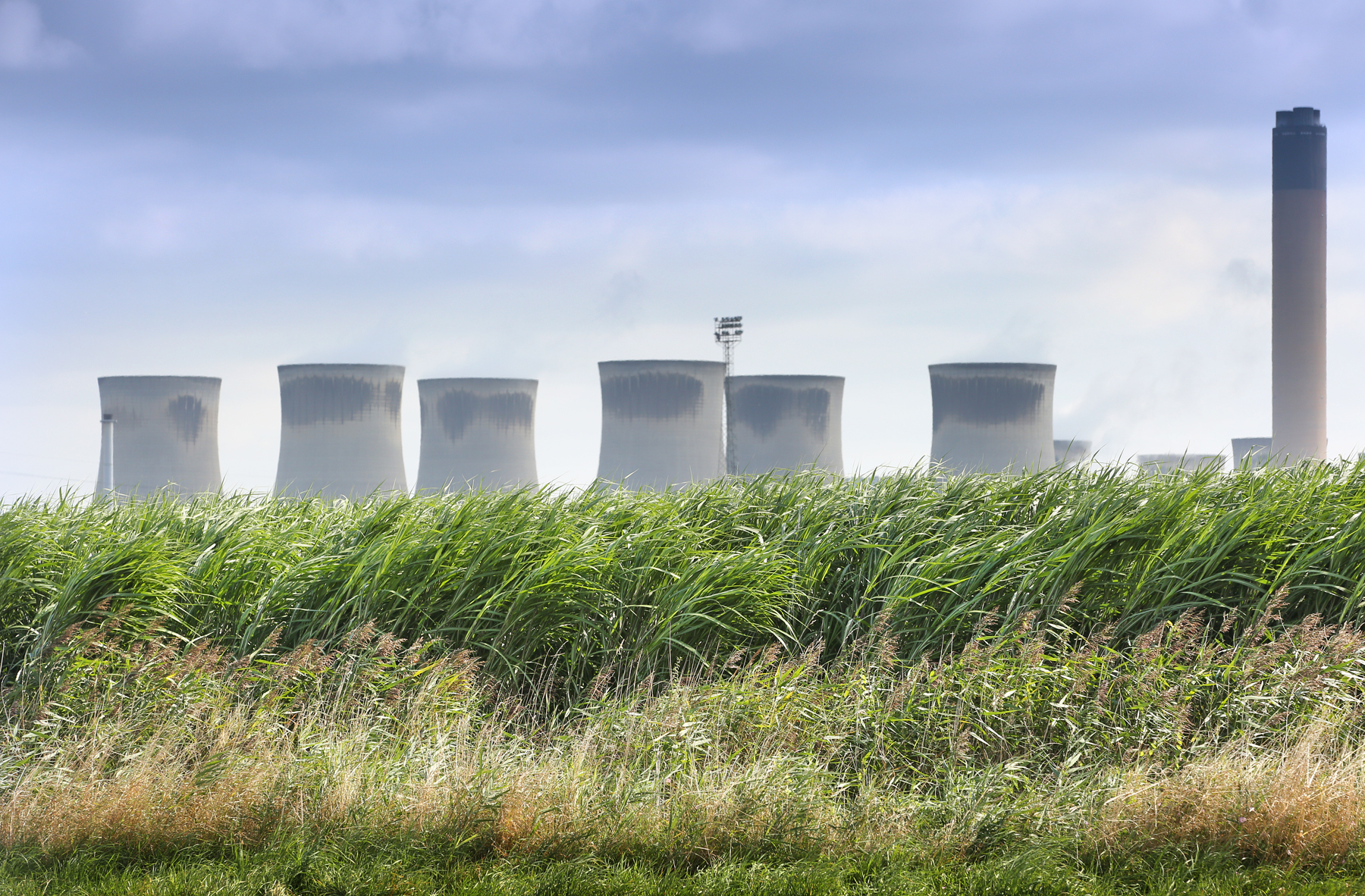
 World leader in sustainable bioenergy Drax Group has teamed up with the National Farmers Union of England and Wales (NFU), to identify opportunities to scale up perennial energy crop production and help the UK meet its ambitious climate goals.
World leader in sustainable bioenergy Drax Group has teamed up with the National Farmers Union of England and Wales (NFU), to identify opportunities to scale up perennial energy crop production and help the UK meet its ambitious climate goals.
The Climate Change Committee (CCC) has previously stated that if the UK is to meet its decarbonisation objectives, a substantial area of energy crops must be planted each year to deliver the low carbon, renewable fuel required over the coming decades.
Through the partnership announced today, Drax and the NFU plan to develop a roadmap for boosting the market in perennial energy crops, identifying how they can be used sustainably.
The programme of work will help to provide insights into important diversification opportunities for UK farming businesses as they adapt to new agricultural policies and will seek to identify new revenue streams that may include utilising marginal land unsuitable for food crops, as well as delivering meaningful climate action.
It will also support Drax’s ambition for British farmers to supply some of the biomass needed for its plans to develop the vital negative emissions technology bioenergy with carbon capture and storage (BECCS).
The partnership demonstrates clear intent from the bioenergy and agricultural sectors to accelerate the delivery of negative emissions in the UK following calls to action this summer from the UN’s IPCC, the National Infrastructure Commission, and the Coalition for Negative Emissions.
Drax Group’s Chief Innovation Officer, Jason Shipstone, said:
“If we can source some of Drax’s sustainable biomass for our BECCS units from domestically grown energy crops, we could further reduce our supply chain emissions at the same time as stimulating innovation within British farming.
“By encouraging British farmers to plant energy crops here in the UK, the agricultural sector can join the bioenergy industry, and support national efforts to address the climate crisis, driving down emissions and building back greener.”
NFU Deputy President Stuart Roberts said:
“There is a huge opportunity for the growth of perennial energy crops in the UK, with large areas of suitable land potentially available for diversification into the growing of sustainable biomass for renewable energy generation. This would support the UK’s decarbonisation plans as well as our own agricultural net zero ambition, alongside continuing to provide quality, affordable and climate-friendly food for the nation.
“By working with Drax Group, we can unlock this potential and ensure our farmers are ready to take advantage of the opportunity energy crops create, one which will provide a boost to both farm businesses and the UK’s climate credentials. It’s exciting that the carbon dioxide captured by the crops grown by UK farmers for Drax would be permanently removed from the atmosphere.”
The partnership follows an announcement last month from the Government which outlined the provision of £4 million in funding to increase British biomass production for green energy through the Biomass Feedstocks Innovation Programme.
Drax Group, which has converted Drax Power Station in North Yorkshire to use sustainable biomass instead of coal to become the UK’s largest single site renewable generator, plans to deploy the essential negative emissions technology BECCS in the 2020s. This has the potential to create the world’s largest carbon capture power project and deliver a significant proportion of the negative emissions needed for the UK to meet its climate targets.
By using BECCS, Drax could permanently remove eight million tonnes of carbon dioxide from the atmosphere each year by 2030, becoming a carbon negative company. The energy crops grown by UK farmers would support this ambition.
ENDS
Picture caption: A Terra Vesta Miscanthus field located by Drax Power Station.
Editor’s Notes
- The Climate Change Committee has recommended expanding UK energy crop planting to around 23,000 hectares each year by 2030 to support the government’s net zero target
- Energy crops are typically densely planted, high yielding crop species grown solely for energy production. The crops are processed into solid, liquid or gaseous fuels, such as pellets, bioethanol or biogas and are then used to generate electrical power or heat.
- Energy crops include perennials such as miscanthus and short rotation coppice willow, which are grown with very low levels of inputs and management compared with conventional agricultural land use.
- Leading climate scientists at the UN’s IPCC and UK Climate Change Committee have said that the world cannot address the climate crisis without negative emissions from technologies like BECCS, which permanently remove carbon dioxide from the atmosphere.
- In August the UK government announced £4 million in funding to increase British biomass production for green energy through the Biomass Feedstocks Innovation Programme
- Drax has started the planning application process for two BECCS units.
- Work to build BECCS at Drax could get underway as soon as 2024, with the creation of thousands of jobs.
- Subject to the right regulatory support, the first BECCS unit could be operational in 2027, with the second commissioned in 2030, enabling Drax to achieve its world-leading ambition to be a carbon negative company by 2030.
- Drax has already delivered carbon reductions of more than 90% in its generation business as a result of using sustainable biomass instead of coal at its power station in North Yorkshire, making it one of Europe’s lowest carbon electricity generators.
- Planting and growing perennial energy crops would need to start several years in advance of commissioning the first BECCS unit, in order to grow the supply chain progressively over several agricultural seasons.
- The NFU has an ambition for British agriculture to be net zero by 2040.
- Both Drax and the NFU are founding members of the Coalition for Negative Emissions, a member organisation promoting the growth of the negative emissions solutions to the scale required to deliver global climate targets.
Media contacts
Jo Rector
Media Adviser
E: [email protected]
T: 07551 155625
Ben Wicks
Media Manager
E: [email protected]
T: 07761 525662
About NFU
The NFU is the voice of British farming and provides professional representation and services to its 55,000 farmer and grower members.
About Drax
Drax Group’s purpose is to enable a zero carbon, lower cost energy future and in 2019 announced a world-leading ambition to be carbon negative by 2030, using Bioenergy with Carbon Capture and Storage (BECCS) technology.
Its 3,400 employees operate across three principal areas of activity – electricity generation, electricity sales to business customers and compressed wood pellet production and supply to third parties.
Power generation
Drax owns and operates a portfolio of renewable electricity generation assets in England and Scotland. The assets include the UK’s largest power station, based at Selby, North Yorkshire, which supplies five percent of the country’s electricity needs.
Having converted Drax Power Station to use sustainable biomass instead of coal it has become the UK’s biggest renewable power generator and the largest decarbonisation project in Europe. It is also where Drax is piloting the groundbreaking negative emissions technology BECCS within its CCUS (Carbon Capture Utilisation and Storage) Incubation Area.
Its pumped storage, hydro and energy from waste assets in Scotland include Cruachan Power Station – a flexible pumped storage facility within the hollowed-out mountain Ben Cruachan.
Pellet production and supply
Drax owns and has interests in 17 pellet mills in the US South and Western Canada which have the capacity to manufacture 4.9 million tonnes of compressed wood pellets (biomass) a year. The pellets are produced using materials sourced from sustainably managed working forests and are supplied to third party customers in Europe and Asia for the generation of renewable power.
Drax’s pellet mills supply around 20% of the biomass used at its own power station in North Yorkshire, England to generate flexible, renewable power for the UK’s homes and businesses.
Customers
Drax is the largest supplier of renewable electricity to UK businesses – with Opus Energy, its separate energy supply brand for SME businesses, it supplies 100% renewable electricity as standard to more than 370,000 sites.
It offers a range of energy-related services including energy optimisation, as well as electric vehicle strategy and management.
For more information visit www.energy.drax.com.


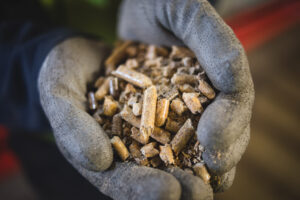






 With the rebrand, Drax aims to partner with its business customers to support them in achieving their sustainability goals, delivering innovative solutions which help them optimise their energy use, reduce carbon emissions, and minimise costs.
With the rebrand, Drax aims to partner with its business customers to support them in achieving their sustainability goals, delivering innovative solutions which help them optimise their energy use, reduce carbon emissions, and minimise costs.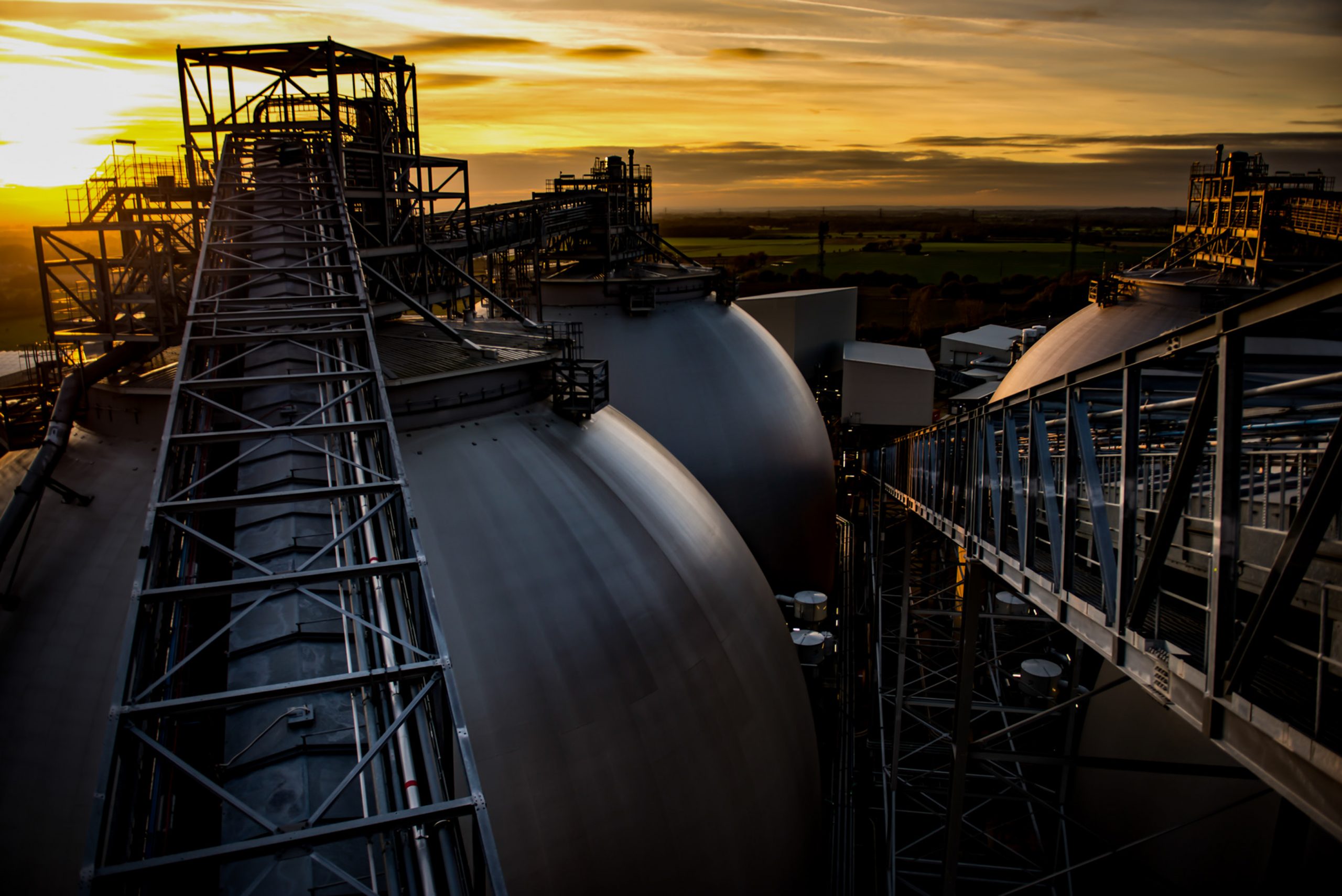
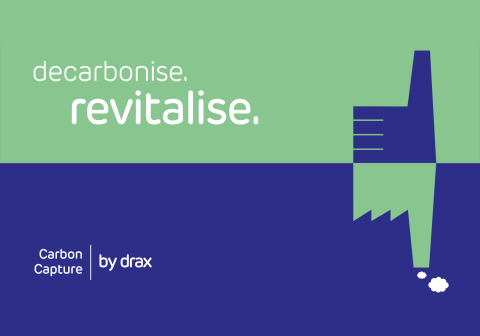 The company will be hosting a series of nationwide events throughout 2022 in partnership with the West & North Yorkshire and Hull & Humber Chambers of Commerce, as well as further events across the wider North, Midlands and South of England. These will enable Drax to identify a robust supply chain for BECCS, ensuring the project can be accelerated as soon as planning approval is received.
The company will be hosting a series of nationwide events throughout 2022 in partnership with the West & North Yorkshire and Hull & Humber Chambers of Commerce, as well as further events across the wider North, Midlands and South of England. These will enable Drax to identify a robust supply chain for BECCS, ensuring the project can be accelerated as soon as planning approval is received.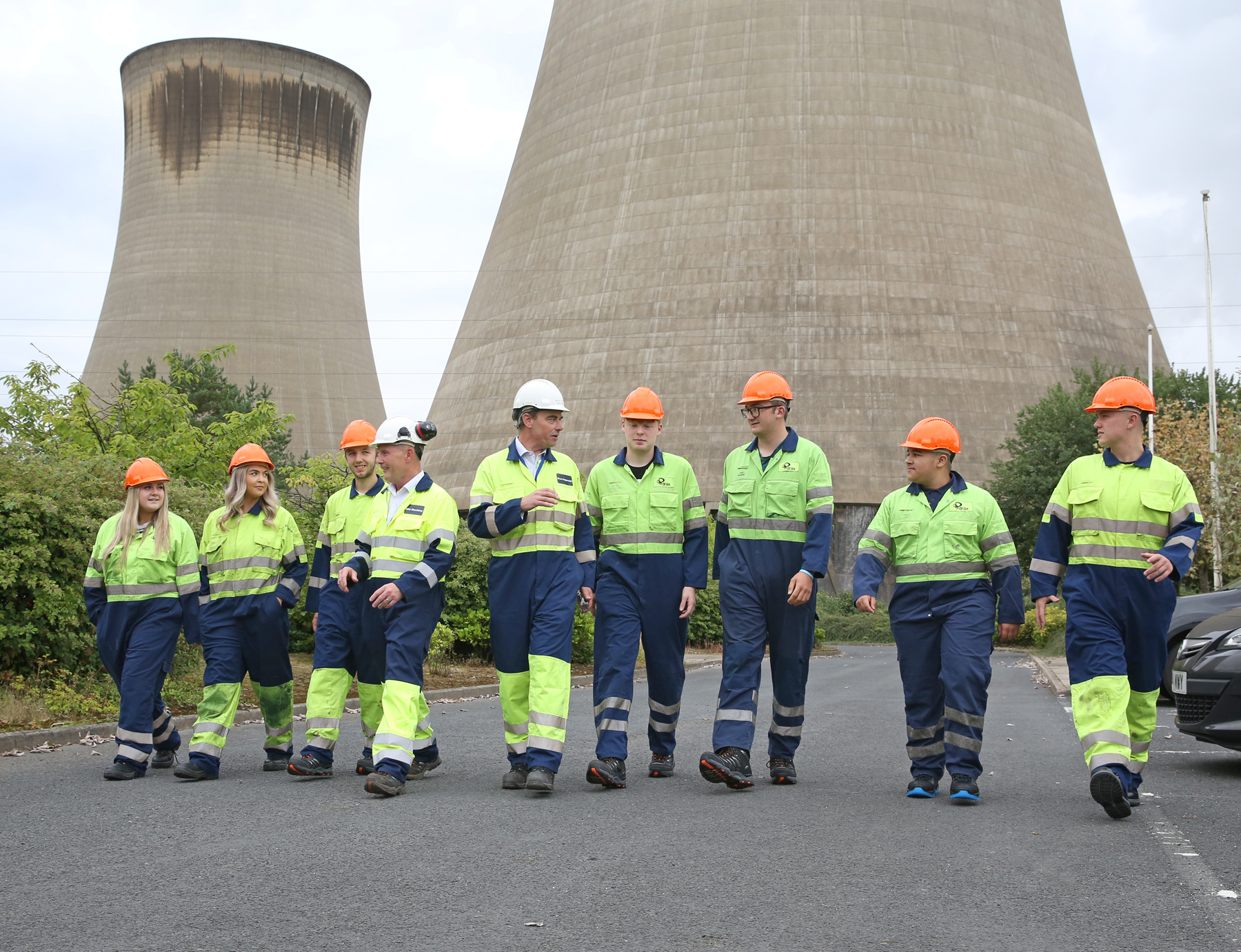
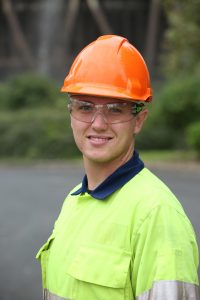
 Mechanical apprentice Poppy Johnson-Roberts, aged 18 from Cleethorpes, said:
Mechanical apprentice Poppy Johnson-Roberts, aged 18 from Cleethorpes, said: